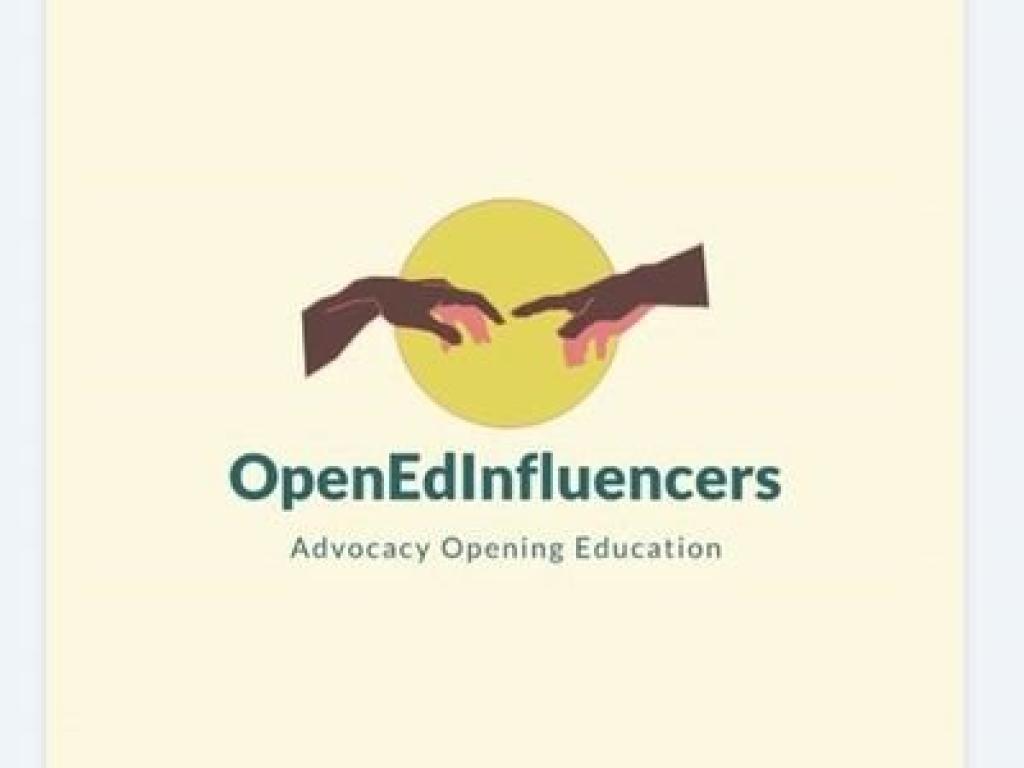Partnerships for sustainable open textbook production: DOT4D #OpenEdInfluencers webinar

The Open Education Influencers (#OpenEdInfluencers) initiative at Nelson Mandela University (NMU) aims to raise awareness of open education and open education practices, and to support the adoption and creation of OER among students and staff at NMU and other institutions.
On Wednesday 14 October, the DOT4D team delivered a presentation in the #OpenEdInfluencers webinar series, “Influencing with Open Education”.
The presentation, “Open textbooks: Towards a sustainable model for South African universities”, was comprised of four parts.
In the first part, DOT4D PI Dr Glenda Cox outlined the project’s social justice agenda, particularly as relates to the use of critical theorist Nancy Fraser’s social justice framework, which addresses economic maldistribution, cultural misrecognition and political misrepresentation as relates to textbook provision in the South African higher education system.
Highlighting extracts from the recently published paper by Cox et al., Glenda outlined preliminary findings relating to the use of open textbooks to advance social justice and curriculum transformation at the University of Cape Town (UCT). She also emphasised the need to articulate viable, sustainable models of creation and publishing that are appropriate for the South African context in order to facilitate advocacy work and scale activity to other institutions.
In the second part of the presentation, DOT4D Researcher Bianca Masuku provided an overview of the DOT4D grants programme, highlighting four cases of open textbook authors at UCT who were responding to particular drivers in their teaching contexts, namely: pedagogical change; collaboration and curriculum transformation; cost; and accessibility and multilingualism.
In the third part, DOT4D Publishing and Implementation Manager Michelle Willmers provided preliminary insight into the project’s work around articulating the various authorship, quality assurance and publishing models used by open textbook authors in the DOT4D grants programme. In addition to highlighting challenges around time, collaboration and new professional identities, she also addressed the need for revised institutional reward systems which recognise open textbook efforts that support social justice and curriculum transformation.
In the final part of the presentation, Glenda highlighted the challenges involved in articulating models of open textbook creation and publishing, particularly as relates to disciplinary divergence, varying levels of technical proficiency and the desire not to “straight-jacket” academic creativity. Reiterating the need for institutional support, she concluded the presentation with insights around the need for a distributed approach between partners within and between South African universities in order to attain sustainable open textbook practice. The foundational hypothesis: partnerships are critical for sustainability.
